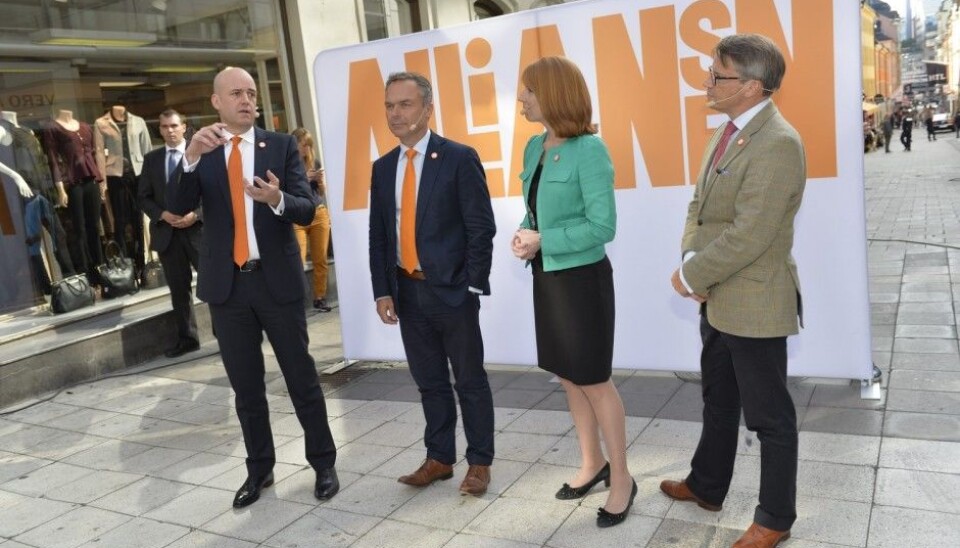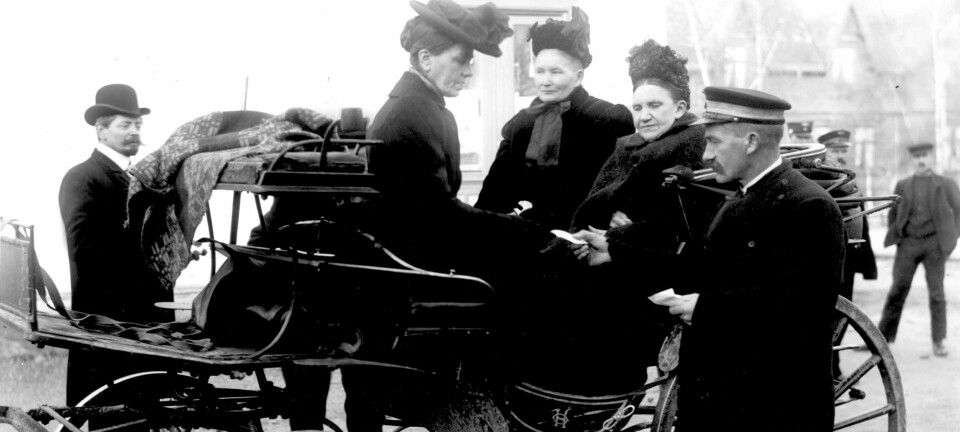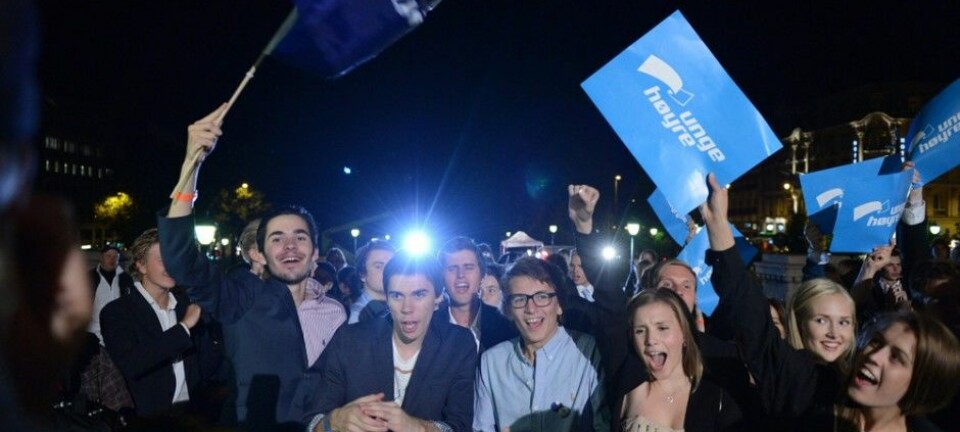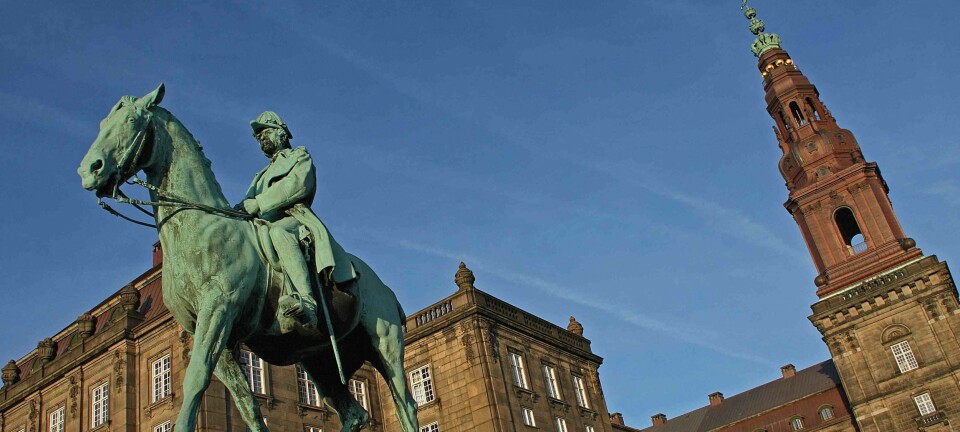
Polished election campaigns fail to deliver the votes
Norway is the Nordic country with the lowest voter participation rate in municipal and county elections. A Swedish study indicates that political parties fail to raise their standings.
Voters are no more eager to bite the hook when campaigns get more streamlined or systematic. This is a conclusion of Swedish researchers who studied the country’s 2014 elections.
Voter turnout remains the same even though campaigns have become more professional and market oriented.
Campaign pressure on the voters was more intense than ever last year in Sweden.
Political parties plough loads of money and individual efforts into structured and strategic election campaigns. They accumulate demographic information about segments of the populace they wish to target, using all the latest technology. They assess what political message they need to get across in various phases of the campaign and where and when the message should be given.
The campaigns have started running long enough to be called permanent.
Minimal results
In the big election year of 2014, Swedish voters elected representatives to their national assembly – Sveriges Riksdag – to municipalities, counties and the European Parliament.
Frequent debates among party leaders were arranged and social media drives were combined with more traditional methods – never were more doorbells rung by party members soliciting votes.
Despite all that, voter participation to the Riksdag election was only one percent above that of the previous election. Parties that toiled for voter support saw no gains.
An election about nothing
Given that the parties consider their methods successful, how could this be?
Researchers interviewed party secretaries and heads of communications before and after the 2014 election.
Sure enough, voter participation was high in Sweden, with 86 percent of the voters casting a vote for representatives to the Riksdag. But many of the politicians had strong faith that the effort would pan out with better results for their party. They were disappointed.
One reason might be that the elections lacked clarity and decisive issues or noteworthy media episodes. The party representatives told the researchers after the election that it had been without contents or subject matter.
“It was hard to find a foothold for discourse about vital political issues,” said Michael Arthursson of the Centre Party.
He agrees with the journalist who predicted from the outset that it would be “Seinfeld election” – an election about nothing.
The researchers write that Sweden Democrats, the anti-immigration party on the far right, was satisfied as it was the election’s only clear winner. But the good results came as a surprise to this party’s leadership.
Lacking clear issues
It doesn’t look like the parties know how to muster what is needed to win an election. The researchers think the gap between efforts and results should trigger some afterthoughts.
It seems there could be better contact with the grassroots. An official discourse runs its course among politicians, the media and politically engaged people who hold the prevailing opinions. This passes almost ethereally above an underlying discourse. Many of the voters feel the election debates pass over their heads and rarely touch on issues they deem most important.
This does not mean that the voters’ wishes are rendered invisible. For example, hashtag campaigns, in which the voters send questions to the politicians, have become more common. But the flurry of queries this generates tend to prevent key issues from dominating the debates.
Too close to one another
Voter turnout in Norway is much lower than in Sweden, only 65 percent use their right to vote in municipal and county elections, comprising the lowest rate in the Nordic countries. This is seen in the figures collected by Statistics Norway from the last local election. By comparison, nearly 80 percent cast their votes in Swedish local elections.
Participation picks up in Norwegian elections to the national assembly – the Storting – for instance 78 percent dropped their votes in ballot boxes in the 2013 election. Nevertheless, this is still lower than the turnout for Riksdag elections in Sweden.
If the new Swedish report is right, a more professional election would not the solution to the problem of apathetic voters.
Professional campaigns are not about conning the people or mesmerising them with propaganda. They are carefully weighed methods for communicating a party’s standpoints.
But there is little to gain by getting so professional when all the other parties do the same. When campaigns grow alike it is hard to stand out in the crowd. These days, campaigns are not what win elections. But it’s risky to jump off the bandwagon. Politicians who do that risk being left behind in the dust.
“An election campaign is no longer a recipe for how to win an election, but more of a necessity to avoid losing ground in the quest for the undecided votes,” says Lars Nord, one of the researchers behind the report.
-----------------------------------------
Read the Norwegian version of this article at forskning.no
Translated by: Glenn Ostling









